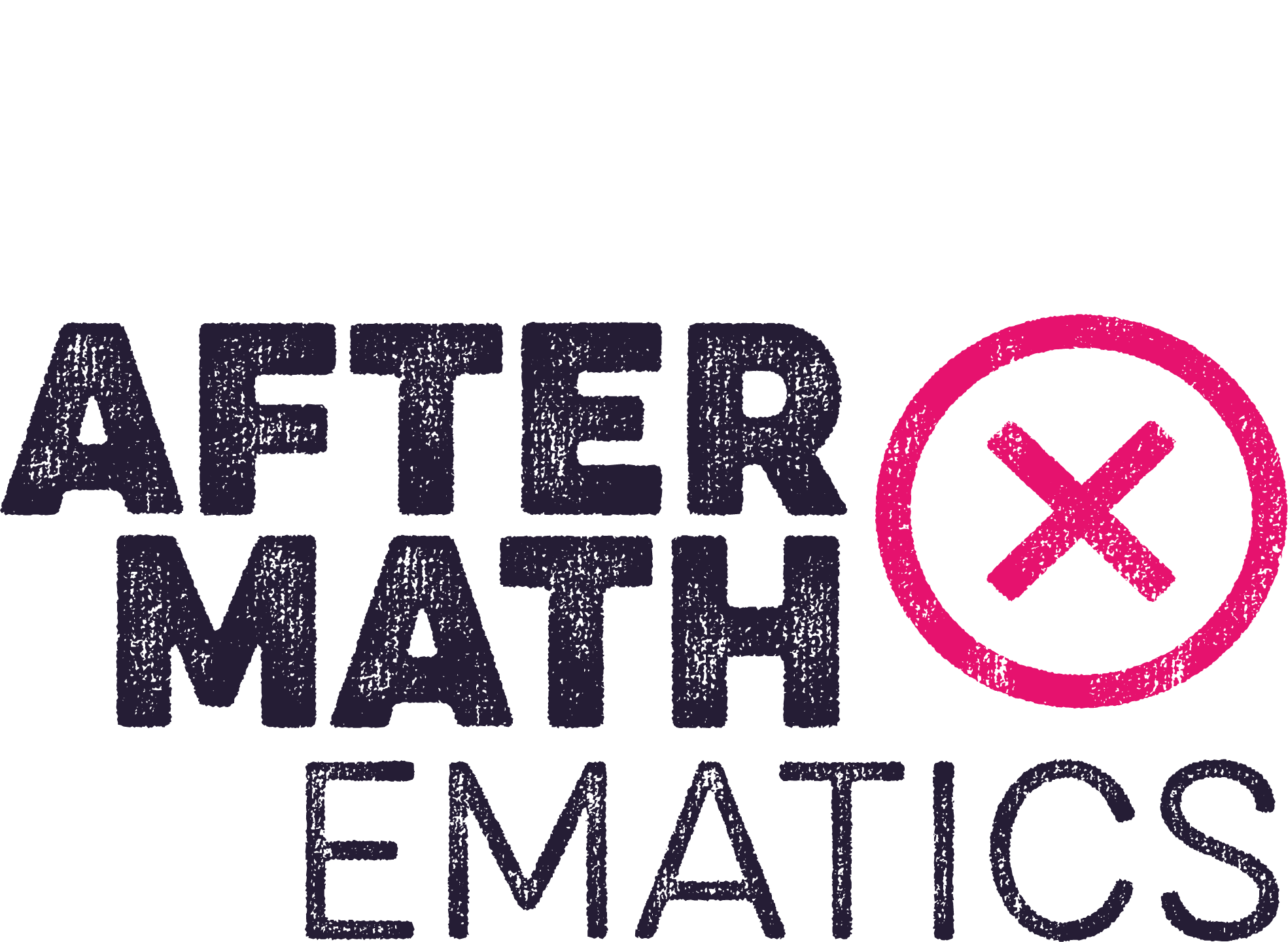H is for Hunger

Food justice not food charity
April 2020: Food banks overwhelmed. 3.4 million people have to use food banks in the UK. 10,000 cars queue in San Antonio, Texas.
June 2020: Bayer bailout. Shareholders vote themselves dividends of £2,750,000,000. UK government gives Bayer £600,000,000. Bayer is a pharmaceutical company with extensive interests in agricultural and livestock products, hence a big player in global food production. Also owner of Monsanto
Monsanto: Once producer of Agent Orange, now makes herbicides and genetically modified seeds. Subject to numerous lawsuits for pesticide poisoning and theft of intellectual property from peasant farmers.
June 2020: U Turn on free school meals. Following campaign by Marcus Rashford, Covid Summer Food Fund for schools agreed for less than one quarter of Bayer bailout
June 2020: WFP – “Global hunger pandemic”. World Food Programme announces risk of “famine of biblical proportions”
2020: Famine is nothing new.
The Great Hunger. 1845–49 – Around 1,000,000 in Ireland died – roughly 10% of the population. In 1847, while 400,000 people were dying, 4000 ships left Ireland, carrying food to England
Bengal Famine. 1943 – 3,000 000 people in Bengal died, Churchill’s government ignored requests for emergency grain. Rice continued to be exported from India.
Yemen. 2020: As many as 10 million people in Yemen are at risk of famine, caused by war. The war was started in 2015 by a 9-country coalition, led by Saudi Arabia . The UK has licensed £6.3 billion of arms sales to the Saudi coalition since 2015
1876 – 78, INDIA: 5,500,000 DEAD • 1891–2, RUSSIA: 500,000 DEAD • 1918–19, RWANDA, BURUNDI: 50,000 DEAD • 1928–30, CHINA: BETWEEN 3 AND 10 MILLION DEAD • 1941–44, GREECE: 300,000 DEAD • 1942–43, IRAN: 3 MILLION DEAD • 1967–70, BIAFRA: 2 MILLION DEAD • 1983–85, ETHIOPIA: 1.2 MILLION DEAD • 2004-?, DEMOCRATIC REPUBLIC OF CONGO, 4 MILLION AND COUNTING • 2017-?, SOUTH SUDAN: NO FINAL TOLL YET
The verb “to starve” is transitive: it’s something people do to one another, like torture or murder
Hunger and famine are not inevitable and are not “natural disasters”. They are all about power and profit.
Plenty of us don’t accept having hunger forced on us and aren’t going to wait for someone else to solve the problem.
That’s always been the case.
1700 onwards. Across England, people rebel to protest at the impossible prices of that most basic of foodstuffs, bread. “To keep up the Price of the very Staff of life at such an extravagant Sale, as that the Poor… cannot purchase it, is the greatest Iniquity any Man can be guilty of; it is no less than Murder, nay, the most cruel Murder”. Throughout the 18th Century people all over England gathered, often led by women, and demanded that food be sold at an affordable price.
Egypt, 1977. Thousands take to the streets to protest the price of bread. The Egyptian Bread Riots took only 2 days to force their government to back down on “reforms” imposed by the IMF that removed food subsidies
2012–2020: Farmers organise around the world. Across Africa – protests against agribusiness filing “patents” on food. Communities worldwide grow, save and exchange their own seeds.
2000–2020: Food justice not food charity. Communities organise their own food supplies. People in Barcelona, Andalucia and Nicaragua take food from supermarkets to distribute for free.
Hungry people can and do fight back.
We have a hunger for justice.
It’s not only the rich who can use food as a weapon.
References
Ideas in this video come from many conversations and sources. In particular thanks to Charlotte Spring for sharing thoughts on food poverty and food justice and to Alex de Waal’s extensive writing about famine.
